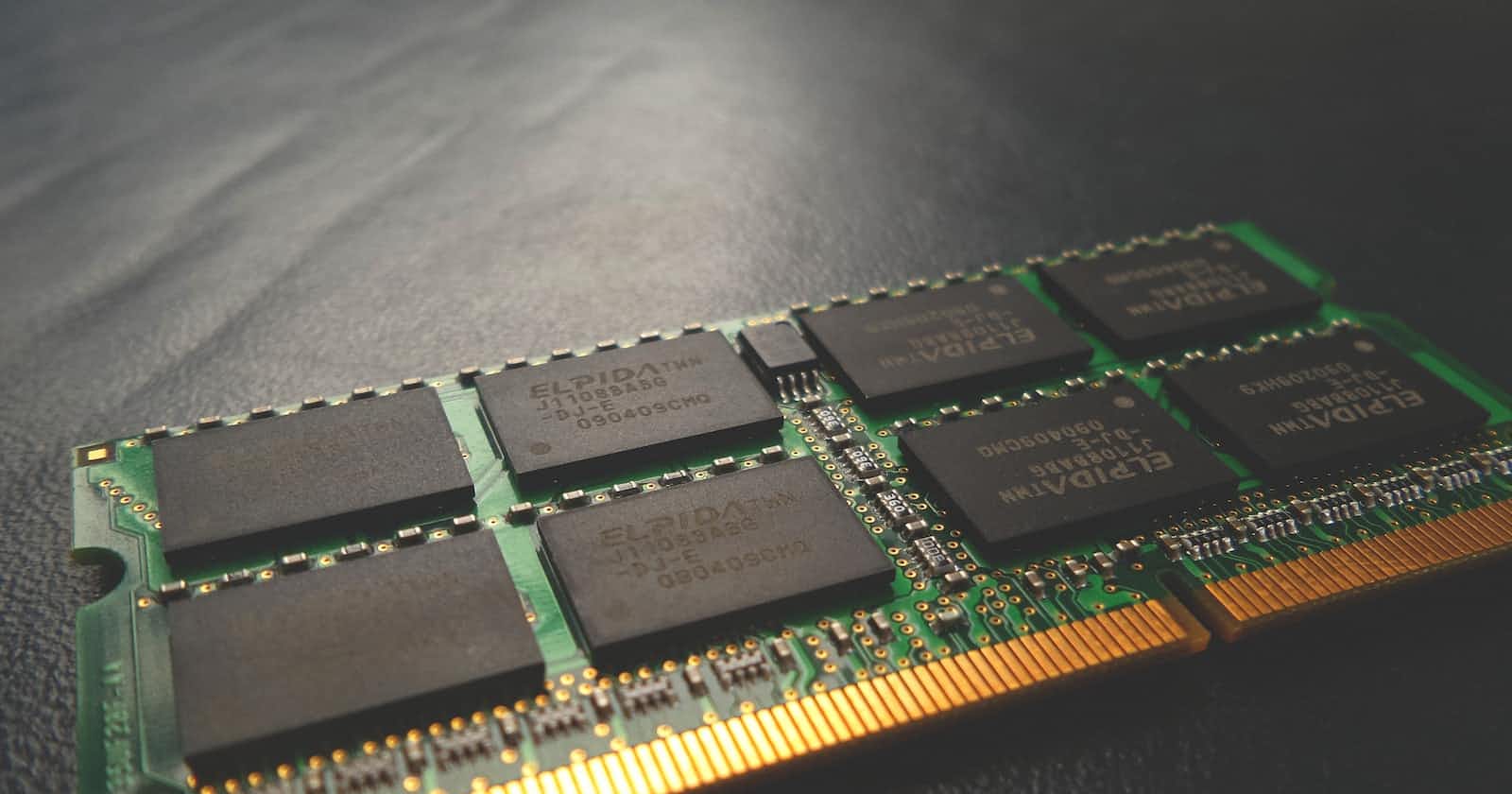std::weak_ptr is a smart pointer that holds a non-owning ("weak") reference to an object that is managed by std::shared_ptr. It is used to break reference cycles and to void unnecessary memory retention
Reference count
A std::weak_ptr does not increase the reference count of the object it points to. Instead, it holds a reference to the std::shared_ptr that owns the object, and is notified when the object is destroyed.
This means that the object pointed to by a std::weak_ptr may be destroyed at any time, and the std::weak_ptr must be checked before dereferencing it.
#include <memory>
#include <iostream>
struct Duck
{
Duck() { std::cout << "Duck::Duck\n"; }
~Duck() { std::cout << "Duck::~Duck\n"; }
void duck() { std::cout << "Duck::duck\n"; }
};
int main()
{
std::shared_ptr<Duck> sp1 = std::make_shared<Duck>();
std::weak_ptr<Duck> wp1 = sp1;
{
// Load underlying shared_ptr from weak_ptr
std::shared_ptr<Duck> sp2 = wp1.lock();
if (sp2)
{
std::cout << " Shared ptr is Alive\n";
sp2->duck();
}
else
{
std::cout << "Shared ptr is not Alive\n";
}
}
// Let us make our shared_ptr RIP
sp1.reset();
// Now attempt to load shared_ptr using lock method
std::shared_ptr<Duck> sp3 = wp1.lock();
if (sp3)
{
std::cout << " Shared ptr is Alive\n";
}
else
{
std::cout << " Shared ptr is not Alive\n";
}
return 0;
}
Can you Guess the behavior, when the snippet is run ?
Duck::Duck
Shared ptr is Alive
Duck::duck
Duck::~Duck
Shared ptr is not Alive
Finishing note:
std::weak_ptr should not be used as a standalone object. It must always be converted to a std::shared_ptr before being used to access the object it points to.

